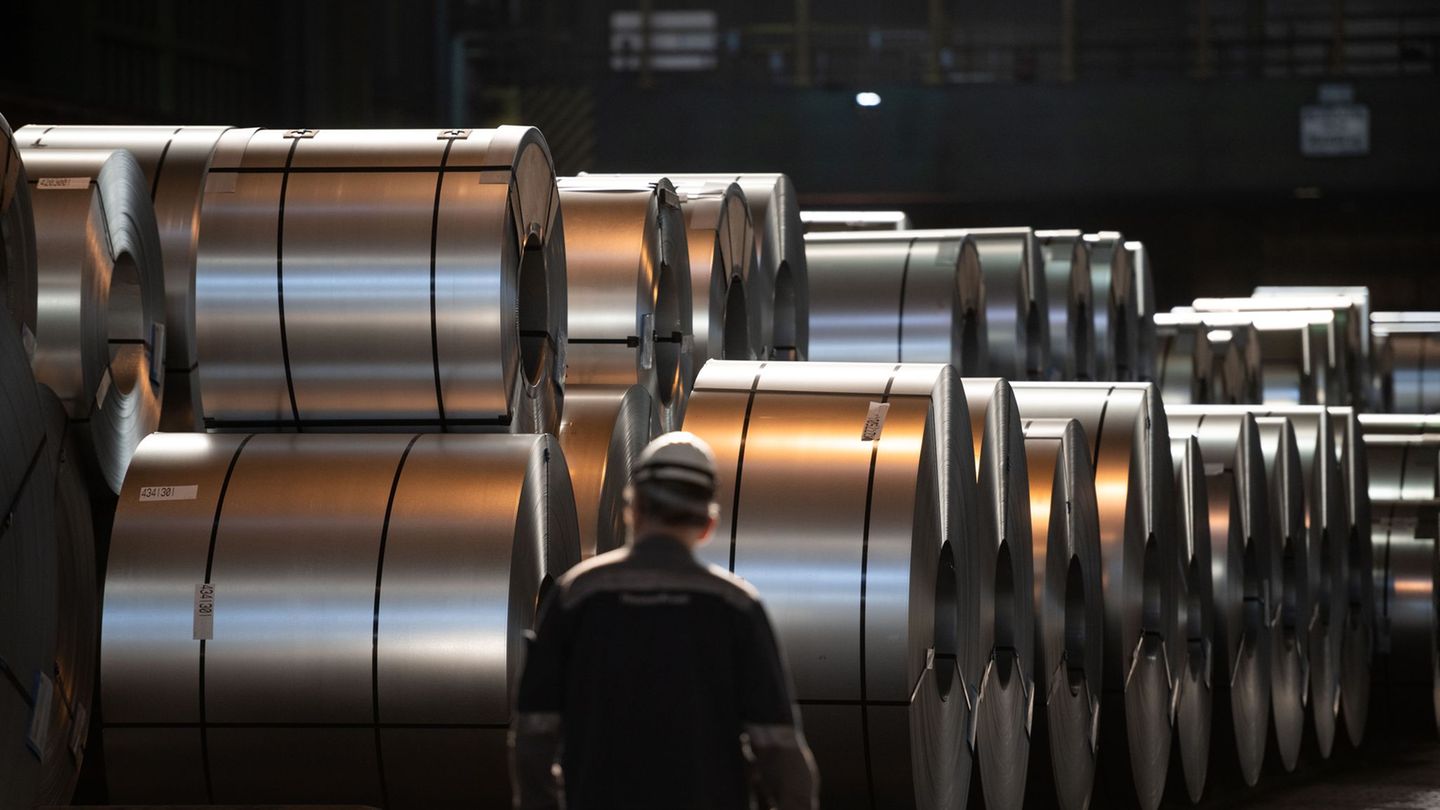Federal Chancellor Olaf Scholz is in Kazakhstan. During his visit, he will discuss contracts for supplying the refinery in Schwedt, Brandenburg.
The PCK refinery in Schwedt is to receive crude oil from Kazakhstan for a longer period of time. “Rosneft Germany is now signing a follow-up contract in Kazakhstan,” the Federal Ministry of Economics confirmed in response to a request. The aim is to “ensure security of supply and to reliably and permanently secure the business operations of Rosneft Germany and PCK Schwedt as well as the Miro and Bayernoil refineries.”
According to government sources, Kazakhstan delivered around one million tons of crude oil to PCK last year. 1.4 million tons have been agreed for the current year, it was said. According to a government spokesman, the contracts signed during a visit by Chancellor Olaf Scholz to Kazakhstan provide for deliveries beyond 2024. The contracting party is not the German government, but the majority shareholders, two German subsidiaries of the Russian state-owned company Rosneft.
Rosneft spokesman Burkhard Woelki told the German Press Agency that the contract with Kazakhstan had been extended to supply 100,000 tons of oil per month until the end of 2025. However, Woelki added that it was possible to get more quantities and that this would be arranged flexibly.
Christian Görke, member of the Bundestag for the Left Party, was disappointed. Kazakhstan had offered even more crude oil. “Why the federal government did not accept the Kazakh offer remains a secret,” said the Left Party politician.
Negotiations on Rosneft subsidiaries
The two Rosneft subsidiaries hold the majority of 54 percent of the shares in PCK. These have been under federal trust administration since September 2022. As Scholz confirmed at the weekend, sales negotiations are underway via the Rosneft subsidiaries and are expected to be completed by the end of the year. According to insiders, one of the negotiating partners is Qatar.
According to the Ministry of Economic Affairs, the planned change of ownership could influence whether the EU Commission approves planned federal aid for the expansion of a pipeline from the port of Rostock to Schwedt.
The Ministry of Economic Affairs stated: “The Commission has carried out a preliminary assessment under state aid law. Accordingly, the Federal Government’s support for the upgrading (of the pipeline) in the amount of up to 400 million euros can in principle be justified as state aid, among other things if the Russian Rosneft is no longer the indirect owner.”
PCK supplies large parts of northeast Germany with heating oil, gasoline, diesel and other important products. Since Germany turned away from Russian oil in 2023, the plant has switched to other sources of supply. Both the supply contract with Kazakhstan and the Rostock pipeline are intended to help ensure that the refinery is fully utilized and economical.
Source: Stern




